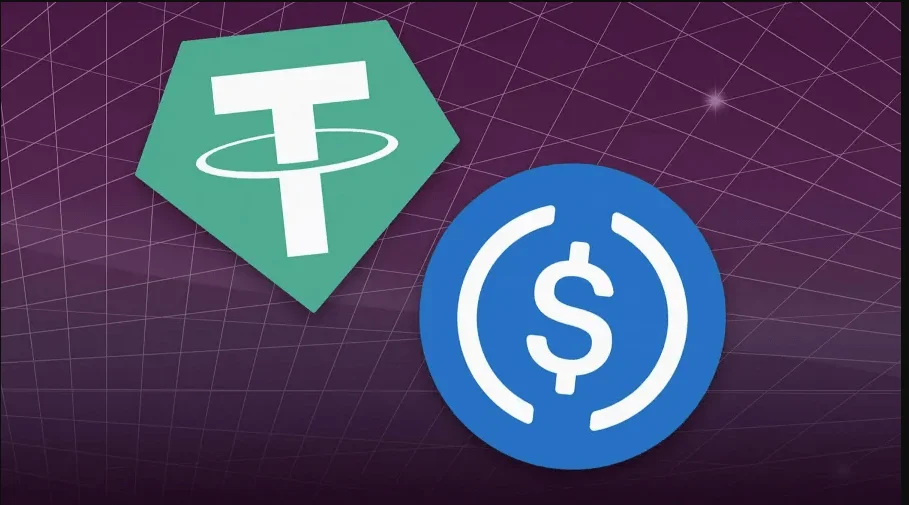In its report, Fitch warns that the potential for asset contagion risks presented by stablecoins may result in stricter restrictions for the sector.

It has been cautioned that the rise of stablecoins that are not completely backed by secure assets may result in instability of short-term credit markets, according to rating agency Fitch.
Reuters said that the agency stated in a commentary note that currencies that are completely backed by secure assets represent a lower risk to the financial markets than other coins.
As an example of fully-backed stablecoins, the agency points to USD Coin (USDC), which is backed by U.S. dollars on a 1:1 ratio and kept in custody accounts, but warns that the authorities “may still be concerned if the footprint is potentially global or systemic.”
Tether, on the other hand, kept 26.2 percent of its reserves in cash, fiduciary deposits, reverse repo notes, and government securities, according to the most recent reserve report from the largest stablecoin issuer, Tether.
In a recent report, Fitch noted that Tether’s commercial paper (CP) holdings, which total $20.3 billion — or almost half of its reserve — “may be larger than those of most prime money market funds (MMF) in the United States and Europe.”
A sudden mass redemption of USDT might have an impact on the stability of short-term credit markets if it happened at a time of increased selling pressure in the CP market, especially if it was accompanied with larger redemptions of other stablecoins with reserves in comparable assets.
Diem, a stablecoin sponsored by Facebook, is another example used by Fitch to explain why regulators are paying attention to it. A proposal by Diem was to keep 80 percent of its reserves in government assets, with the other 20 percent held in cash, with nightly sweeps into money market funds that invest in short-term government securities.
Specifically, Fitch said that initiatives with the potential to quickly become systemic, such as Diem, may result in more stringent rules for stablecoins in the future.
Specifically, “potential asset contagion risks associated with the liquidation of stablecoin reserve holdings could increase pressure for tighter regulation of the nascent sector,” according to the report.
Fitch took notice of the warning from United States authorities that companies with asset allocations comparable to Tether may not be able to maintain their stability if short-term credit spreads expand substantially. “This is in contrast to the manner in which stablecoins are marketed to the general public,” the Fitch experts said.
In a recent interview, Boston Federal Reserve President Eric Rosengren voiced worry about the exponential development of stablecoins.
I believe we need to look more generally about what might disrupt short-term credit markets over time, and stablecoins are definitely one factor to consider, added the professor.
